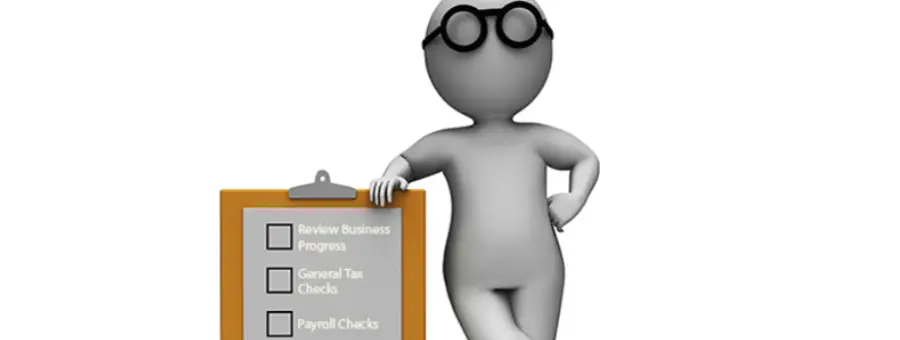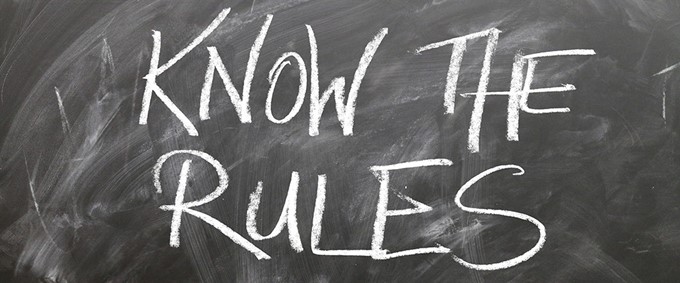
People within any business or organisation are actually positioned to perform or to cope, at the two extremes. Clearly, no one would deliberately position them just to cope rather than perform but the reality is that it happens way too often, particularly in business. The more effective we are at positioning people for high performance the better the overall performance that will result.
So, how can it happen that people end up in a situation of having to cope rather than perform … of asking themselves the question ‘how do I cope’ rather than ‘how do I contribute’?
The answer is that it happens accidentally. When a new person is employed or joins a team they usually come with a desire of wanting to perform, all too often to have that changed by others. Often it’s the more senior people and those with influence who cause the decay by behaving in ways that eventually pushes the newbie into coping. This happens through behaviours, such as:
- Intimidation, harassment, threats
- Unrealistic expectations
- Poor communication with the person
- Talking at them rather than listening
- Solving problems for them rather than letting them do so
- Overloading them
- Expecting behaviours they are just not equipped to deliver
- Retribution for mistakes
- Inadvertent or deliberate discouragement of initiative
- Lack of learning opportunities
- Prevention of genuine interaction and communication with other people
- Saying one thing but living another
- Poor values
- Unfair treatment
- Lack of recognition
- Personality traits that are too strong for them to communicate with
- Erratic, inconsistent or unpredictable (negative) behaviours
- Not knowing where they stand
- Poor training and development
Many people reading the list above will unfortunately relate to some of the factors all too well, having lived them, and will realise that somehow they ended up ‘just coping’, through behaviours such as:
- Saying what they need to say to avoid negative reactions
- Not raising what should be raised
- Doing things in ways that will gain approval rather than the best ways … playing it safe
- Flying under the radar, avoiding attention
- Agreeing just to keep the peace
- Avoiding challenges and confrontation
- Not putting forward ideas or new ways of doing things
- Absenteeism
- Adjusting their work hours
- Avoiding being in the presence of some people more often than they have to
- Seeking the counsel of people they trust (within or outside the team/organisation)
- Copying negative behaviours of people with power just to fit in.
People who find themselves in situations of having to cope also have to find ways to deal with the stress it causes (some of which are listed above) but sometimes it will all get too much and they leave. So good people, who were initially keen to perform, go elsewhere.
When organisations have created environments where people are coping rather than performing it clearly has to be reversed and that will take significant time, through the behavioural change of those responsible for causing the mess. But most often those at fault don’t realise what they have done nor understand the situation. They have to be told, but who is going to do that? Somebody has to tell them, somebody has to show the courage of their own convictions. Sometimes that’s best being someone from the outside so that the potential recriminations are lower. But unless the situation of coping rather than performing is confronted, it will continue. Left alone, coping leads to poorer results for the organisation and the emotional suffering of those trying to cope (and that’s not an overstatement).
We love to talk about having a high performance culture. Putting people in situations of having to just cope can’t be part of that.
Previous Newsletter Articles
Business Tips
HR Information
Contact Us
1300 022 270
enquiries@myabbs.com.au






